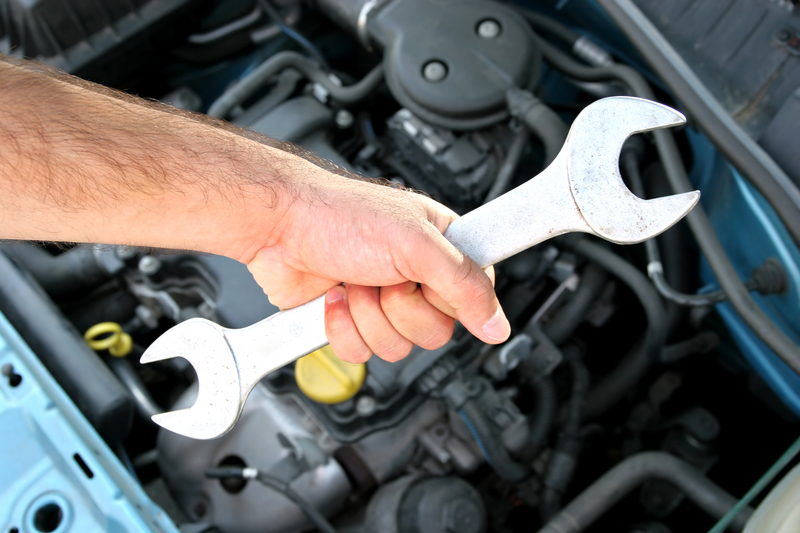Extending Your Car’s Lifespan

With the notable sole exception of one’s house, a car is perhaps the biggest single purchase a person can make.Whether you’re looking to sell yours in a few years’ time, or you’re intent on running it into the ground, you’ll want to make sure that you keep it in the best possible shape.Fortunately, there are a number of ways in which you might do this.Let’s take a look at some of the techniques and technologies that’ll keep your car in the best possible shape.
In order to preserve the health of an engine, the right sort of oil in the right quantity is essential.An engine needs lubrication if it’s to move without damaging itself – and it needs a way of dispersing heat, too.With enough of the oil your car was designed for, you’ll reduce its lifespan dramatically.
Oil is described according to its viscosity – with some oils being more suited to some vehicles than others.To avoid problems, consult the manual for your car – if you can’t find it, then you’ll be able to track it down on the internet.
As every new motorist should know, driving around on under-inflated tyres will result in a loss of traction, and a loss of fuel efficiency – particularly if you’re carrying a heavy load or a full complement of passengers.By contrast, driving around with overinflated tyres might reduce the lifespan of those tyres – as they’re expected to deal with greater pressures, tyres stand at greater risk of puncture or other damage.
Regularly washing your car will help to keep rust at bay, and it’ll help to keep the paint in the best possible condition.Apply a coat of wax and you’ll not only ensure that your car looks great, but that it’ll resist the elements, too – wax is waterproof and has a high melting point, so it’ll remain intact even during intense rainy and sunny spells.
Constantly revving your engine excessively in order to get that little bit of extra acceleration places a strain on the engine.At the same time, idling for long periods will cause gradual damage.The best approach, then, is a happy medium.By keeping your revs sensible, you’ll be able to get to where you want to go – without inflicting unnecessary damage on your car.You’ll save money on fuel in the process, too.Speaking of which…
If you’ve visited a petrol station recently, you’ll have noticed that there are many different sorts of fuel on offer besides the usual unleaded and diesel.These premium fuels come with special additives that claim will eek more performance out of your vehicle.
But not all cars experience the same benefits from premium fuel.The truth is that only a certain class of vehicle will benefit from the increased octane rating – those high-performance sports cars with high-pressure engines.Owners of cheaper vehicles, then, would be better advised to not bother.
If you’re anticipating snowy weather, then be sure to prepare your car before it arrives.Keep a can of de-icer in the glove compartment, and be sure that your windscreen wash and anti-freeze is well topped up.You’ll also want to be sure that the latter isn’t leaking, as this will pose a life-threatening danger to local cats and dogs.
If you’re the owner of a dog, a keen cyclist, or habitual transporter of other sorts of dirty objects, then you’ll want to give your car the best possible protection.A car boot mat offers exactly that protection.They come in a number of different varieties.The cheaper sort will consist of little more than a loose-fitting sock for your boot; they won’t last very long and they’ll allow dirt to find its way through the gaps.The more expensive sort are designed to sit within your boot snugly; they’re made to fit a given model of car, and will withstand much more punishment.You’ll be able to find Land Rover, Mercedes and Ford boot liners – and plenty more – from specialist retailers.
If your car begins to behave strangely, then you might be tempted to let the issue lie until you’re due your next service.While in many cases, you might get away with this risk, it’s unlikely to preserve the well-being of the car.A better approach would be to get any issues looked at and fixed as they manifest – you’ll likely save yourself money in the long-run, as any problems you run into may become worse as time goes on.
